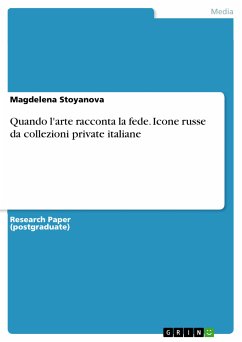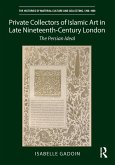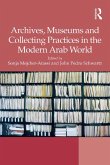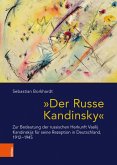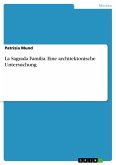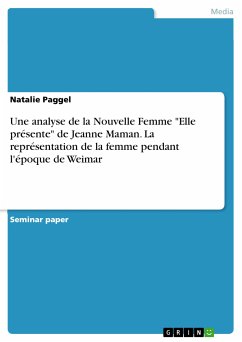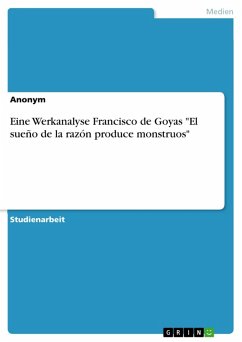Research Paper (postgraduate) from the year 2015 in the subject Art - Art of European countries, grade: ausgezeichnet, , language: Italian, abstract: In the period following world war second, nationalistic and separatist trends - in the form of pseudo-patriotism or national chauvinism, extremism or religious fundamentalism - have continued to hinder the efforts of European states to overcome their ideological contradictions, creating economic and political unions. The specific for the current cultural situation, insurmountable division between humanism of the West and the East has its origins in the intercultural encounters that have elapsed since the establishment of the first relations between these major poles of the European civilization. As no country can escape the interference with her neighbors, highlight and analyze the elements that form the historic relations is essential to know how to move in the conflicting situations of the present and how to ensure that they do not repeat in the future; how to establish mutual dialogue and tolerance. In this perspective, the dependency between who we were and who we are today: in this case, the history of the Italian-Russian cultural relations has much to teach and is extremely useful for the construction of an effective policy of integration, outlining with precision the grounds of possible collaborations. Through the exploration and the correct reading of the sources, the present book aims to specify the forms in which Russians cultural texts were transferred to the West, as well as to identify the concrete artistic models of imitation, imported from Russia in Italy. The study has been carried out in the frame of the research programs of the Centre for Balkan Studies (CISBI)/Ca' Foscari Venice between 2007-2015 and bases on art expertise carried out by the author since 1980-ies. The book addresses the discovery of the icon art in Russia, the history of the private and museum Russian icon art collections in Italy and the main trends in the antiquity market today. Some aspects have been deepened in single publications. One of these, the "Preservation of the Russian icons in Livorno" 2012was awarded the Art-con.ru prize for best report in art conservation.
Dieser Download kann aus rechtlichen Gründen nur mit Rechnungsadresse in A, B, BG, CY, CZ, D, DK, EW, E, FIN, F, GR, HR, H, IRL, I, LT, L, LR, M, NL, PL, P, R, S, SLO, SK ausgeliefert werden.

